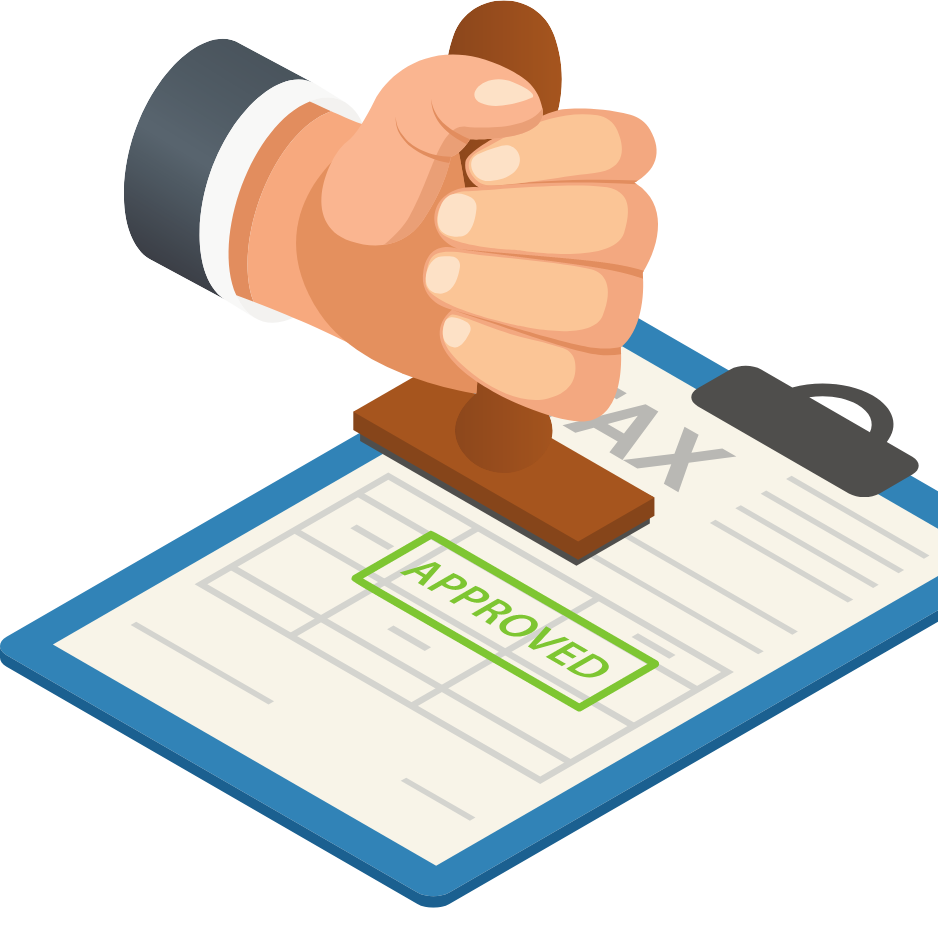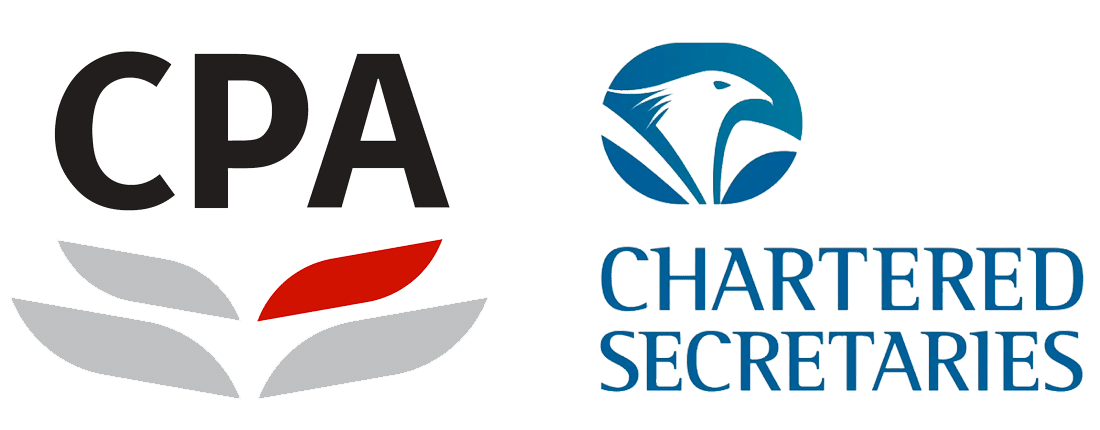Quick Facts about the Hong Kong Tax System
- Government body: Inland Revenue Department (IRD)
- Period of assessment: 1 April to 31 March
- Profit Tax Rate: 8.25% on assessable profits below HK$2,000,000; and 16.5% on any part of assessable profits over HK$2,000,000. Offshore income is not taxable.
Receive your Profits Tax Return
For newly registered Hong Kong Company, your company will receive the first profits tax return 18 months after the date of incorporation. If your company is more than 2 years old, your company shall receive a profits tax return form in April every year. Upon receipt of the Profits Tax Return form, you should fill in your data and attach all required supplementary forms and evidence within 1 month
Extension for submission? No problem!
We understand that many entrepreneurs have busy schedule. Sometimes there are just too many transactions and you need time to retrieve data from accounting reports and books. If you need more time to prepare your tax filing, Get Started HK can help to apply for an extension in submitting the profits tax return. The due date can normally be extended as follows. If you need more guidance, feel free to contact us and speak to our professional accountants at info@getstarted.hk.
Financial year end date
Extended Due Date
For N Code Returns
(Year-end between 1 April to 30 November)
End of June
For D Code Returns
(Year-end between 1 to 31 December)
Mid of August
For M Code Returns
(Year-end between 1 January to 31 March)
Mid of November
For M Code Returns
and Current Year Loss Cases
1 February (next calendar year)
Find out the deductible expenses to pay less Tax
Below is a short list of the business tax deductions you may be able to write off on your tax return.
✅ Cost of goods sold ✅office utilities ✅ marketing ✅ business travels ✅ employee health insurance ✅ contractors
✅ office expenses ✅ advertising ✅ bank fees ✅ business meals ✅ employee retirement plans ✅ freelancers
In general, all outgoings and expenses that help your company to generate a chargeable profits are allowed as deductions, except for expenses of a domestic or private nature and capital expenditure.
Let’s take business trip as an example in illustrating tax deductible expenses. When you travel to another country to meet a potential or existing client, you will incur expenses such as accommodation, transportation and business meals. All these expenses are tax deductible. Conversely, if you choose to stay 3 more days for fun after you complete your work, all the expenses in the additional 3 days will be regarded as private in nature. You cannot classify this as a company deductible expenses. 
To determine if your offshore company pays no taxes
Offshore status is based on a practical matter of fact. When the company does not have operations, customers, suppliers and employees in HK, the company is eligible to claim offshore tax exemption with IRD. To claim, the company needs to submit an audited financial statement prepared by HKCPA.
Any exemption on the audit requirement for small business?
Nono. There is no exemption. A small business must submit the profit tax form and prepare audited reports on time. While a small business may not need to submit the audited report along with the form immediately. Data on the profit tax form should be 100% accurate and those data shall be based on the audited report. If you are interested to learn about the regulations in Hong Kong, customers can refer to section 405 of the Companies Ordinance for details.
Is Offshore company required to file profit tax form?
Yes. Regardless whether a company is onshore or offshore, a company must submit the profit tax form to the Hong Kong Inland Revenue Department on time. Even if you have no customers, suppliers and staff in Hong Kong, you still have to show evidence to the Hong Kong government. If they determine that your company is offshore, then your company is not subjected to Hong Kong corporate rate. The tax rate will then be 0%. The offshore status is based on a hard practical matter of fact.

